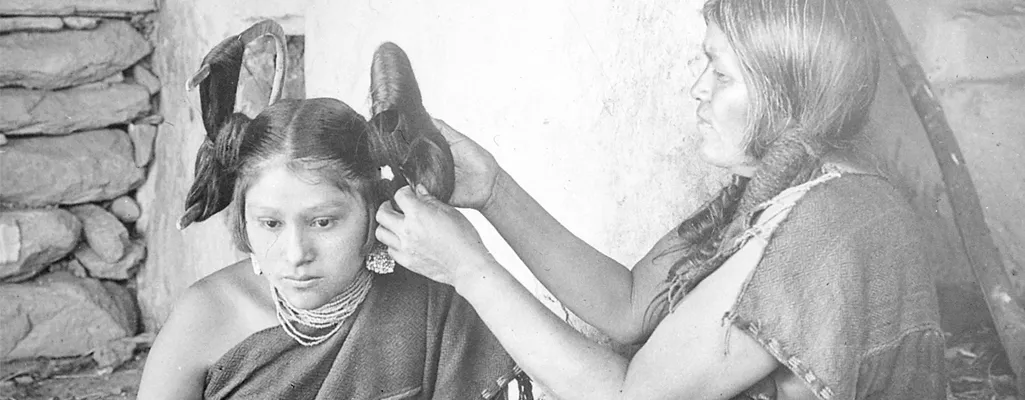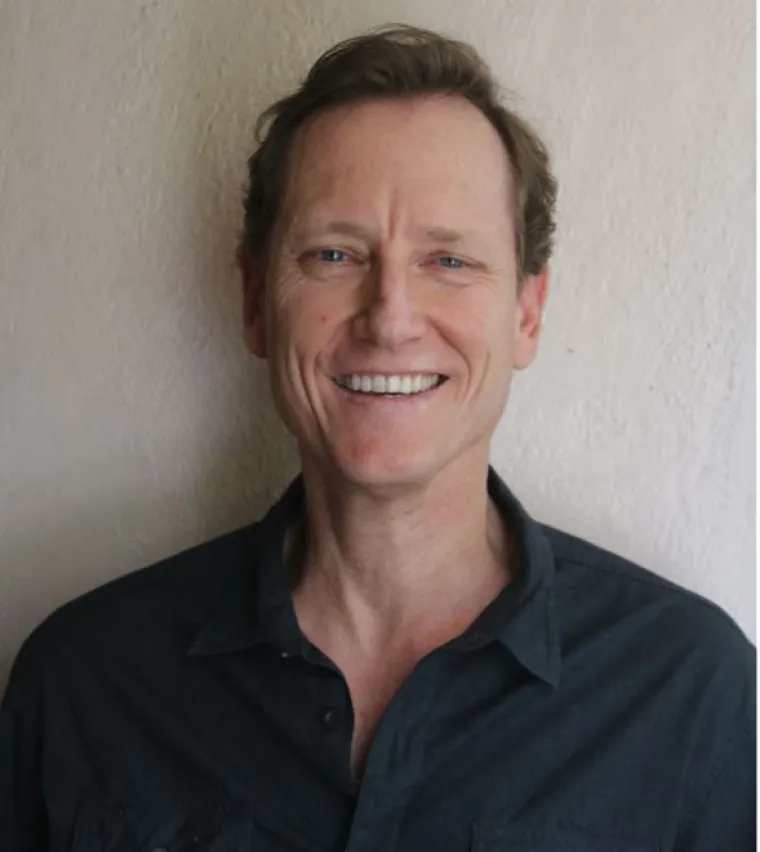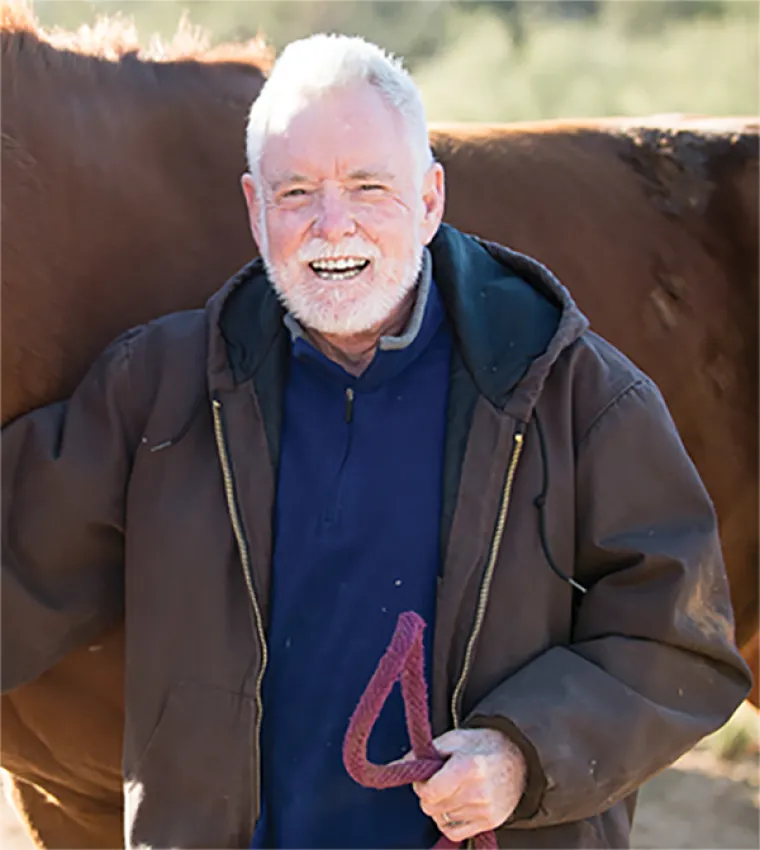Mission & Research
A major focus of researchers at the Southwest Center is the relationship between human societies and natural environments through time. One paradigm they employ is Political Ecology, which explores how natural resources—land, water, grasses, and minerals, among others—are distributed, commoditized, and exchanged across the millennia of human occupation in the Southwest and Northern Mexico. Political Ecology moves beyond the narrower lens of Cultural Ecology by paying close attention to the relations of power that determine who has access to those resources and the capital necessary to utilize them.
Critical Conservation Studies employs a similar lens to examine natural resource conservation in the Southwest and Northern Mexico, including the Gulf of California, and in the US-Mexico borderlands. A key question of critical research on conservation is, who benefits and who is marginalized by efforts to conserve and protect ‘nature.’ Southwest Center researchers work with ranchers, farmers, fishermen and others in the region who struggle to make a living off the land in socially and ecologically sustainable ways, and with non-profit organizations working to protect communities and the ecologies that sustain them.
Partnerships
Amerind Foundation
Borderlands Restoration Network
Confluencenter
Coalition for Sonoran Desert Protection
Degrazia Foundation
Instituto Investigaciones Antropológicas
Northern Jaguar Project
SBS's Mexico Initiatives
University of Arizona Press
Lucero Radonic, Ph.D.
Teresa Valdivia, Ph.D.

Saguaro National Park
Photo by Jeff Bannister
Projects
Hopi History Project
This is an 18-year-long formal collaboration between Thomas Sheridan, other UA researchers, and the Hopi Tribe. The project will come to a close with the projected 2019 publication of the second of two volumes of the book, Moquis and Katsiilam: Hopis, Spaniards, and the Trauma of History (University of Arizona Press).
Border and Its Bodies: The Embodiment of Risk on the U.S.-Mexico Line.
Based on a collaboration between the SWC and the Amerind Foundation, the forthcoming book with that title (co-edited with R. McGuire) will be published in 2019. The project began as a research seminar at the Amerind Foundation in March 2016 and involves anthropologists from the U.S. and Mexico.
Sonoran Desert Conservation Plan
Sheridan’s strong commitment to service and outreach has focused primarily on the preservation of open space and working landscapes through collaborative conservation, primarily through his work with Pima County’s visionary Sonoran Desert Conservation Plan and as a community representative and member of the board of the Altar Valley Conservation Alliance, a grassroots organization of ranchers in the Altar Valley southwest of Tucson.
The Alchemy of Salt
This project brings an interdisciplinary focus (Arid Lands Studies, Geography, and Art History) to the complex international resource and heritage zone of the Lower Colorado River.
On the Edge: Expressions of Shared Heritages throughout Bounding Spaces
Part of collaboration initiated by Banister with several other UA scholars who have come together as part of the College of SBS’s Mexico Initiatives. The project received a Confluencenter Innovation Farm award in 2017. Among other things, this is an ongoing interdisciplinary faculty and graduate student seminar to explore new approaches to the study of cultural heritage between in the US and in Mexico, to develop cross-disciplinary research methods, and to initiate longer-term collaborative research.
Land and Water Dispossession in Sonora
For the 2018 Meeting of the Association of American Geographers, Banister presented a co-authored paper with Dr. Lucero Radonic (Michigan State) that focuses on megaprojects and land and water dispossession in Sonora. This research began with his dissertation and has been running through a close collaboration with Dr. Teresa Valdivia at the Universidad Nacional Autónoma de México’s Instituto de Investigaciones Antropológicas. It focuses on the Guarijío indigenous people of Sonora, and the impacts of a dam project on the Mayo River.

Henry Peabody. National Archives and Records Administration
Hopi woman dressing hair of maiden (1900)



